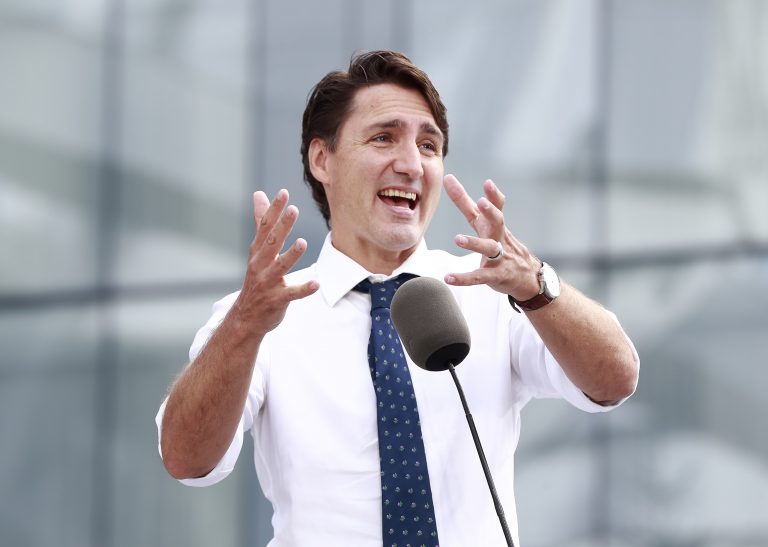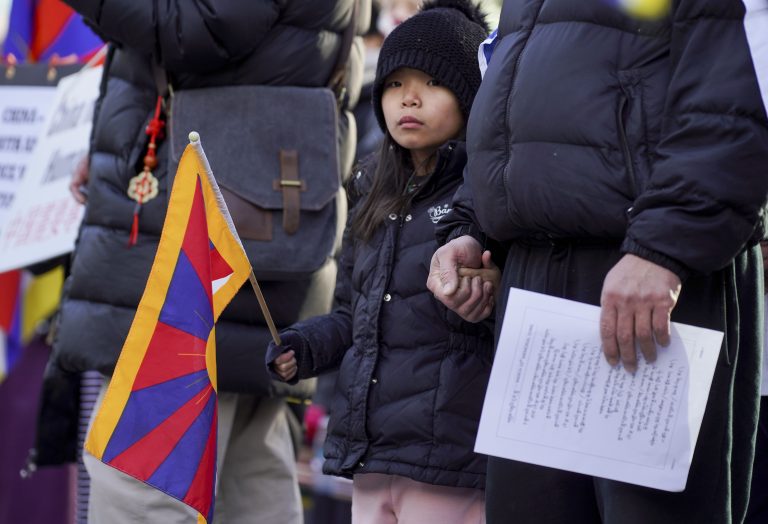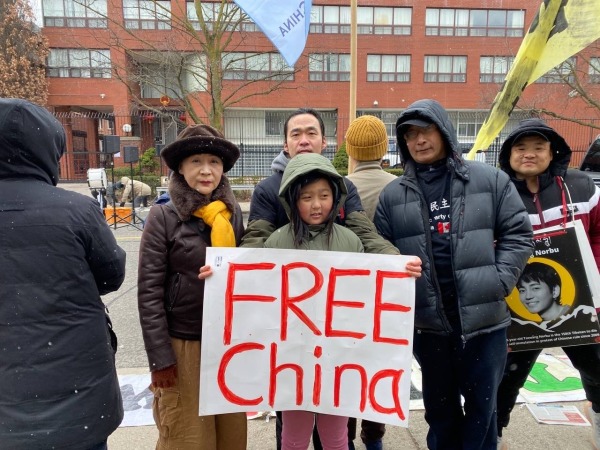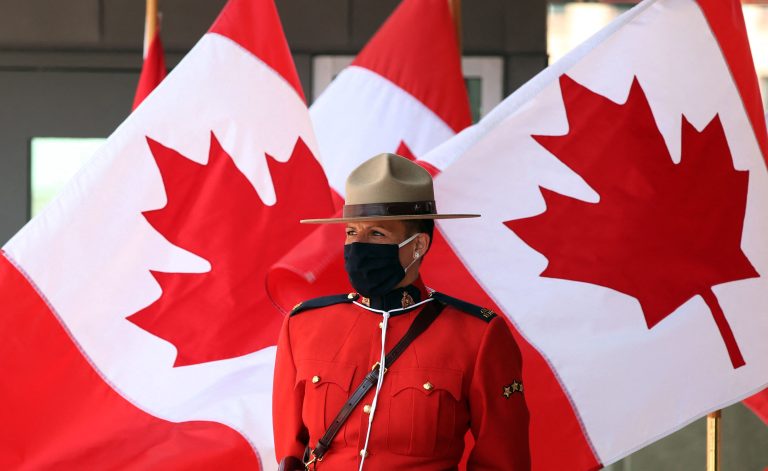In an election that few wanted and that cost the Canadian taxpayer an estimated $600 million, Justin Trudeau’s Liberal Party of Canada (LPC) — hoping to gain enough seats in parliament to secure a majority government — only managed to secure a single additional seat, leaving them in a position nearly identical to what they were in prior to the election.
While results are still trickling in, and mail in ballots are still being counted, it’s clear Trudeau’s liberals have won enough seats to secure a minority government with 148 seats confirmed won and another 10 that are expected to be awarded to them once counting is complete. Trudeau’s LPC won a total of 157 seats in 2019. In order to win a majority government in Canada, a party needs to win a minimum of 170 seats.
Erin O’Toole’s Conservative Party of Canada (CPC), after winning the popular vote, will again form the official opposition in Canadian parliament. The CPC shed two seats in the election finishing off election night with 119 seats compared to 121 in 2019.
The Bloc Québécois, Canada’s French separatist party led by Yves-Francois Blanchet secured 34 seats, an increase of two seats from 2019.
Jagmeet Singh’s New Democratic Party (NDP) walked away with one additional seat after winning 25 spots in parliament.
Success
You are now signed up for our newsletter
Success
Check your email to complete sign up
While the controversial People’s Party of Canada (PPC), led by Maxime Bernier, did not win any seats the party attracted over 814 thousand votes, a performance that is considered respectable after only forming in 2019.
The Green Party, led by Annamie Paul, who lost in her riding, only secured two seats. After months of infighting Paul, who hardly left her riding to campaign, is not expected to survive as leader of the Green Party.
Singh’s NDP is perhaps the biggest winner this round. The progressives, while being far from forming an official opposition, have a platform that aligns more with the liberals and if Trudeau wants to efficiently pass legislation he will have to court the NDP’s 25 Members of Parliament in the face of a strong conservative opposition.
Trudeau, who faced harsh criticism for calling an early election while many regions in Canada contend with a fourth wave of coronavirus, is perhaps the biggest loser of the night.
The prime minister, who prior to calling the election was riding a wave of high approval ratings, only managed to shed support making it more difficult for him to forward an agenda that does not have the backing of a majority of Canadians.













